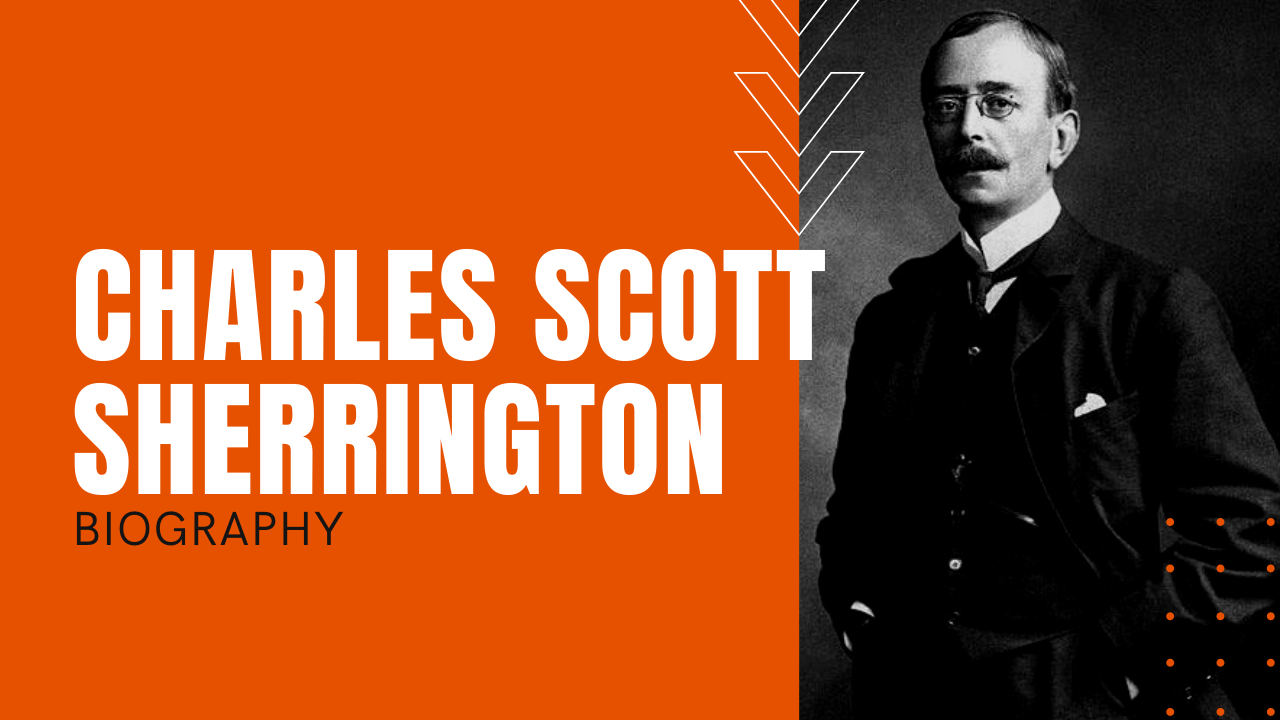Charles Scott Sherrington: Synapse, Nobel Prize, and Nervous System

Considered the patriarch of the human central nervous system, Charles Scott Sherrington’s life seems to have been lifted out of a 19th century boys’ adventure novel.
He played professional soccer for Ipswich Town while still in school, then laid down a distinguished rowing career while studying at Cambridge. After graduating in 1885, he studied bacteriology under the now famous Robert Koch, then began varied and quite seminal work on an extraordinary range of topics, including tetanus, diphtheria, bacteriology, hematology, cholera and industrial fatigue.
Reciprocal Innervation and The Synapse
Along the way, he proposed the law of reciprocal innervation, which remains the best explanation to date on how muscles work. While studying the human brain, he coined the term synapse, which then led to the idea of proprioception, which is the body’s ability to know its own orientation in space, even with your eyes closed.
His work on proprioception would lead to his discovery in 1906 of nociceptors, which are the nerve endings that alert an individual to pain. Sherrington’s pioneering book on the subject, entitled The Integrative Action of the Nervous System, has been compared to Isaac Newton’s Principia Mathematica and William Harvey’s De motu cordis, which in English means On the Motion of the Heart.
Sherrington’s unbounded qualities as a man of science and discovery didn’t stop there, for everyone who had the privilege to encounter him came away with sense of awe at his qualities as a human being. Among his students were future notables such as Wilder Penfield, who would become an authority on human memory, Howard Florey, who won a Nobel Prize for his role in developing penicillin and Harvey Cushing, who went on to become one of America’s most accomplished neurosurgeons.
Charles Scott Sherrington’s Nobel Prize
In 1925, Sherrington surprised even his closest friends when he published a book on poetry, while seven years later he won the Nobel Prize for his work on reflexology.
In 1940, at the age of 83, Sherrington hit the bestseller list with a book entitled Man on His Nature, which went through several editions and was later voted one of the top one hundred books of modern Britain.
